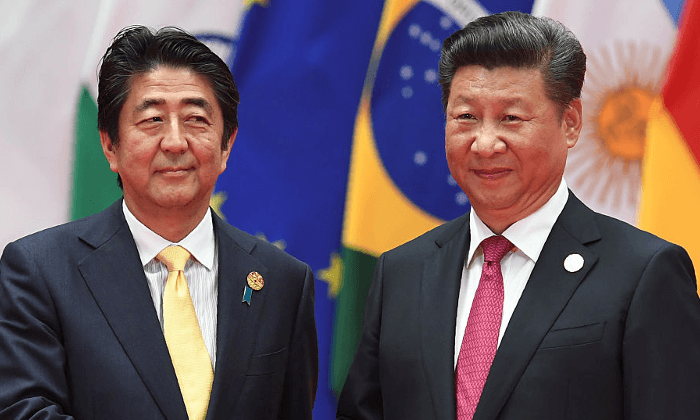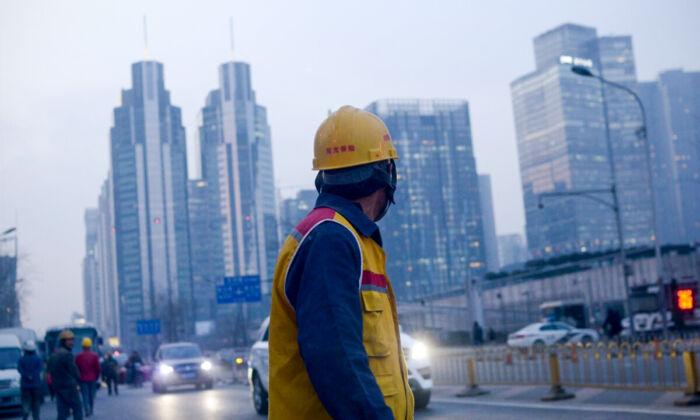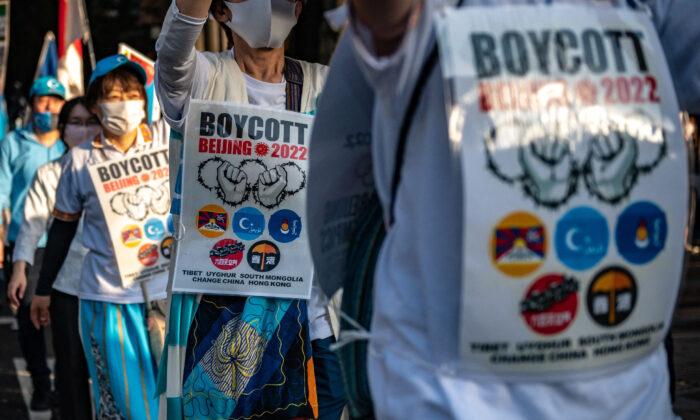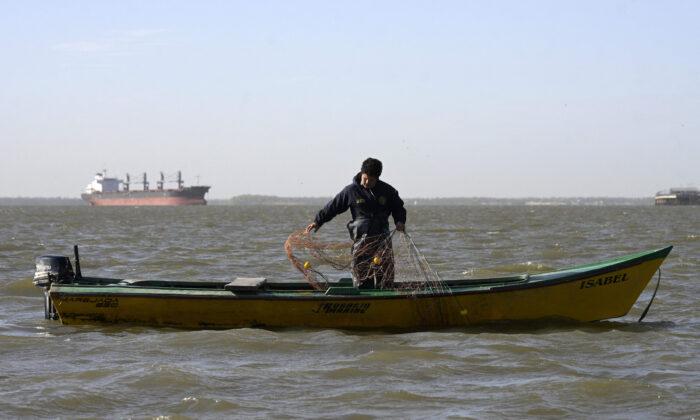Amid the U.S.-China trade war, Beijing is attempting to curry favor with one of the United States’ partners in the Pacific—Japan.
The Chinese Communist Party (CCP) uses tourism and investment as a diplomatic method to influence other countries and regions. While a country favored by the CCP may enjoy economic boon—in this case, Japan—one that falls out of favor can be quickly cast aside, as happened with South Korea in 2018.
Japan and the United States have traditionally had favorable diplomatic relations. As the trade war pressures the Chinese economy, the CCP is seeking new partners, and may be taking advantage of Japan’s economic situation in searching for cracks in the U.S.-Japan relationship. Despite territorial stand-offs, such as the eight-year feud over the Senkaku Islands (also called the Diaoyu Islands), China began warming to Japan in 2018.

Also in 2018, Chinese tourism to Japan increased by more than 15 percent, with more than 7.16 million Chinese tourists traveling to Japan, according to the Economic Journal. Chinese graduates from more than 1,000 universities will also be allowed easier access to visiting Japan, and will no longer be required to provide bank statements showing sufficient tourism funds. Frequent tourists will also be allowed to obtain a five-year, multiple-entry visa.
The South Korean Experience
One of China’s methods of diplomatic influence is tourism. Since the CCP controls media within China, it can decide which countries are allowed to advertise, and even which countries are attractive to tourists.A recent example is South Korea, the pop culture of which is popular with younger Chinese.
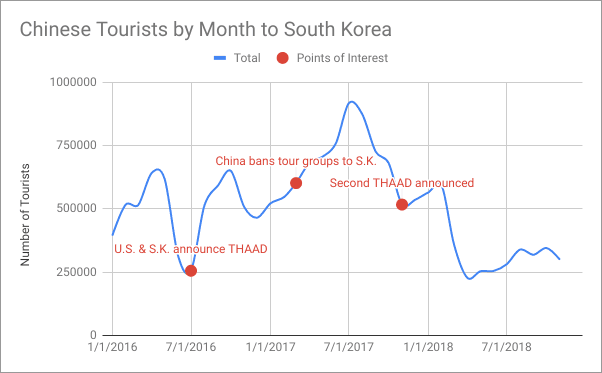
Chinese tourists to South Korea have significantly decreased since then.
